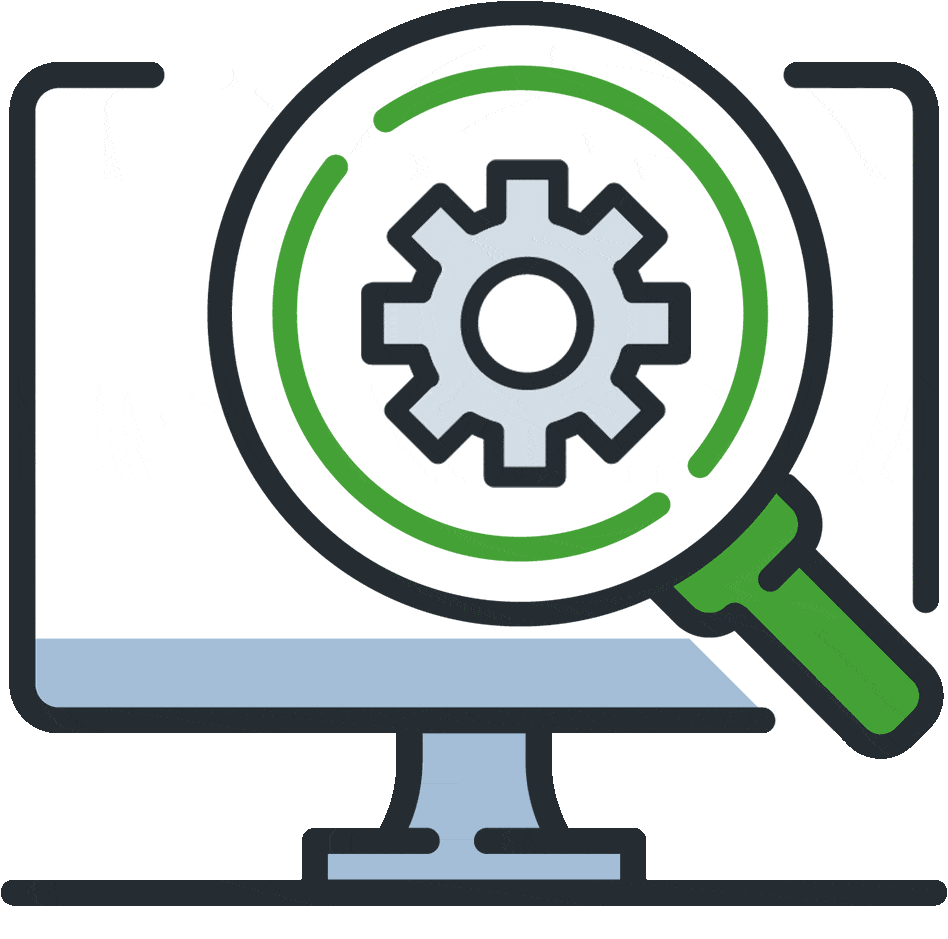What's a firewall?
A firewall is software or hardware that sits at the edge of your network between your company and the Internet. It’s designed to keep the bad guys out and to allow legitimate connections into your network if needed (think email, access to a company website if it’s hosted locally, etc.). A firewall acts a lot like a traffic cop–it stops you at the edge, decides whether or not to allow the traffic that’s coming in or out the network based on a predefined set of rules, and then either permits, blocks, or drops the traffic, depending on what the rules tell it to do. Every company needs a firewall to protect their employees, their systems, and their data.



